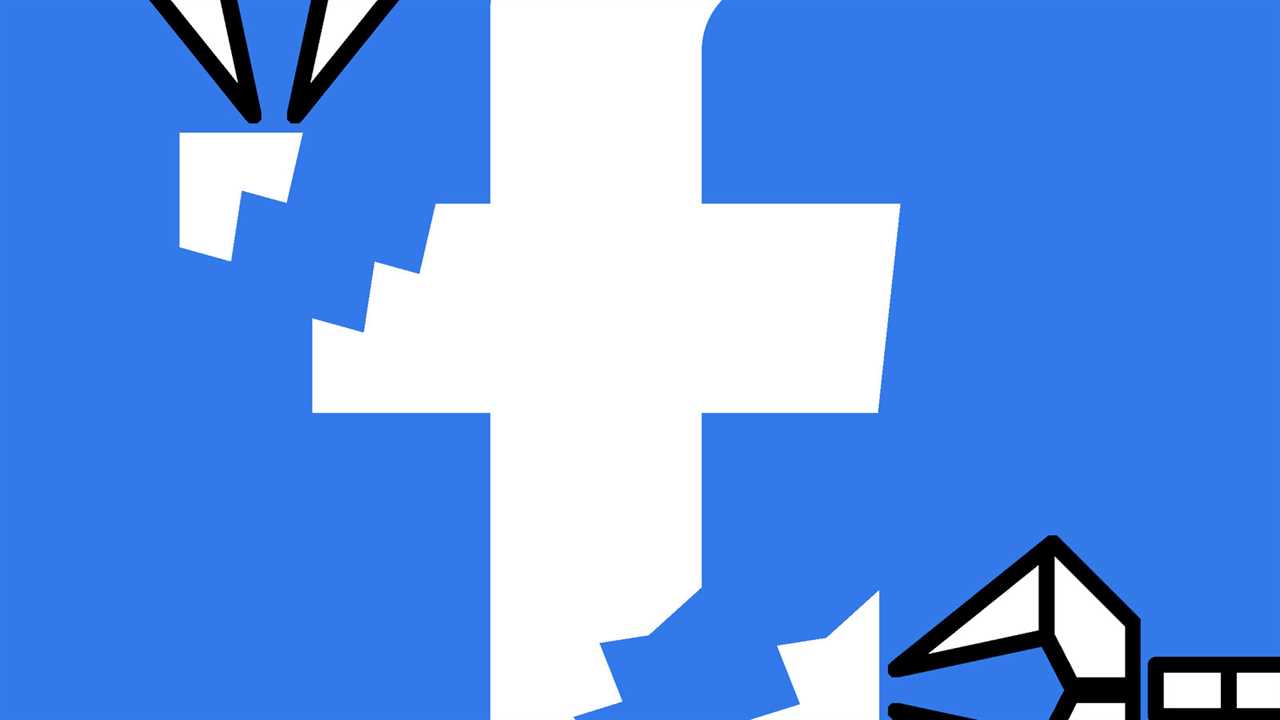
Move over, toilet paper: Dry ice may be the next hot commodity in the pandemic economy, as the first vaccine to become available must be stored at freezing temperatures. Here’s what else you need to know for the week ahead in business and tech, and stay warm out there. —
What’s Up? (Dec. 6-12)
Facebook’s Comeuppance
Facebook has gotten too big, according to the Federal Trade Commission and over 40 states that have sued the social media giant, accusing it of monopolizing its field. The government said Facebook stifled competition by snuffing out some rivals and acquiring others (like Instagram and WhatsApp), and called for the company to be broken up. But the antitrust accusations face an uphill battle. Facebook pointed out that all its acquisitions were approved by regulators at the time, and argued that the F.T.C. can’t just change its mind years later.
I.P.O. Bonanza
It’s that time when all the companies that planned to go public this year finally take the plunge. And for Airbnb, it seems to be working out pretty well, despite the pandemic taking a big bite out of the travel business. The company’s shares blew past expectations on Thursday, their first day of trading, putting Airbnb’s market capitalization at $100.7 billion — the largest in its generation of “unicorn” start-ups, which include Uber and Lyft. Its offering raised $3.5 billion, making it the biggest initial public offering of 2020. The delivery service DoorDash also went public last week, with similar success.
Payment Declined
Mastercard and Visa will no longer allow their cards to be used on the adult website Pornhub, which has reportedly included videos of child abuse and rape (it also hosts millions of other legal videos portraying consensual sex). Visa said that it would also suspend its network’s payments to MindGeek, Pornhub’s parent company, until it completes an investigation into their business ties. Pornhub said earlier in the week that it had made changes to block nonconsensual content.
What’s Next? (Dec. 13-19)
Dueling Aid Bills
Less than a week after Democrats proposed a $908 billion stimulus package drafted by a bipartisan group of lawmakers, the White House countered with a $916 billion alternative on Tuesday. While the price tags of the two bills aren’t far apart, the similarities mostly end there. One major sticking point: The Trump administration’s proposal does not include federal funding for supplemental unemployment benefits, and offers one-time $600 stimulus checks instead — half the amount that was provided by the CARES Act earlier this year. It’s impossible to say whether Congress will find a middle ground before the end of the year, when current aid provisions like the eviction moratorium and extra jobless payments are set to expire.
The Business of Vaccination
Multiple industries are gearing up to help distribute coronavirus vaccines, but the logistics are thorny. The first vaccine expected to become available, developed by Pfizer and BioNTech, must be stored at frigid temperatures — which will require a lot of cooling systems and fast transportation. Several airlines, including United, Delta and American, have volunteered their empty planes (which are just sitting around these days, thanks to the pandemic’s impact on travel) to deliver doses. And Walmart said it was preparing more than 5,000 of its stores to receive the vaccine by stocking up on freezers and dry ice.
Debating Student Debt
Canceling federal student loan debt is a cornerstone of President-elect Joseph R. Biden Jr.’s economic policy. But Democratic leaders are now pushing Mr. Biden to forgive up to $50,000 in debt per borrower through executive action once he takes office. That’s a far cry from his initial promise to cancel $10,000 per borrower, through legislation. The difference sets up what could be the first major conflict between Mr. Biden and the more liberal wing of his party.
What Else?
Google lifted its ban on political ads that it instated over a month ago because of concerns over election misinformation. SpaceX’s latest rocket prototype, designed to eventually travel to Mars, enjoyed an eight-mile test flight before it crashed and exploded. And Apple is expanding its range of accessories to include its first over-ear headphones, the AirPods Max, which cost a whopping $549. At least they won’t fall through a subway grate if you drop them.
Did you miss our previous article...
https://trendinginthenews.com/tech-giants/give-virus-alert-apps-a-shot






